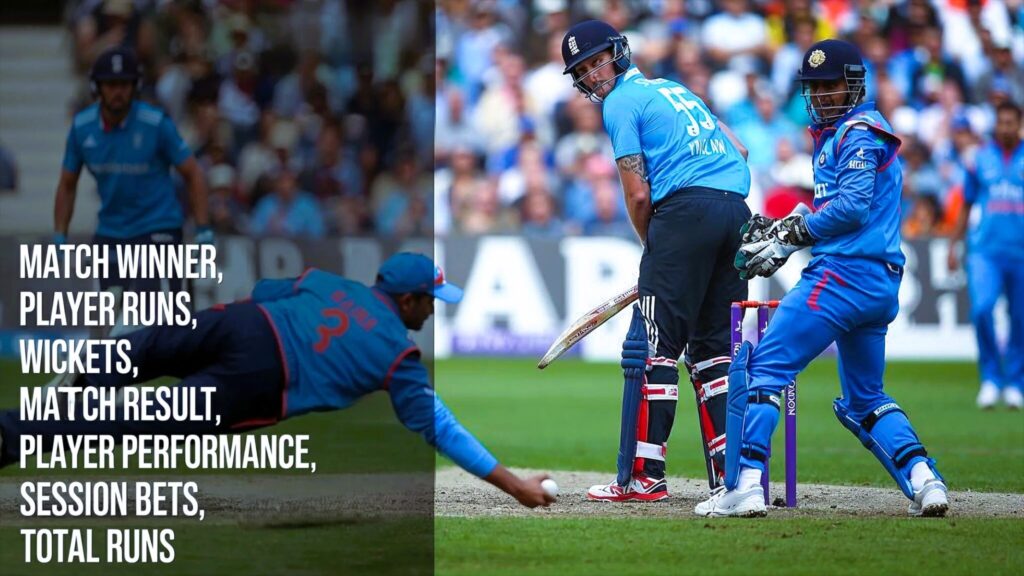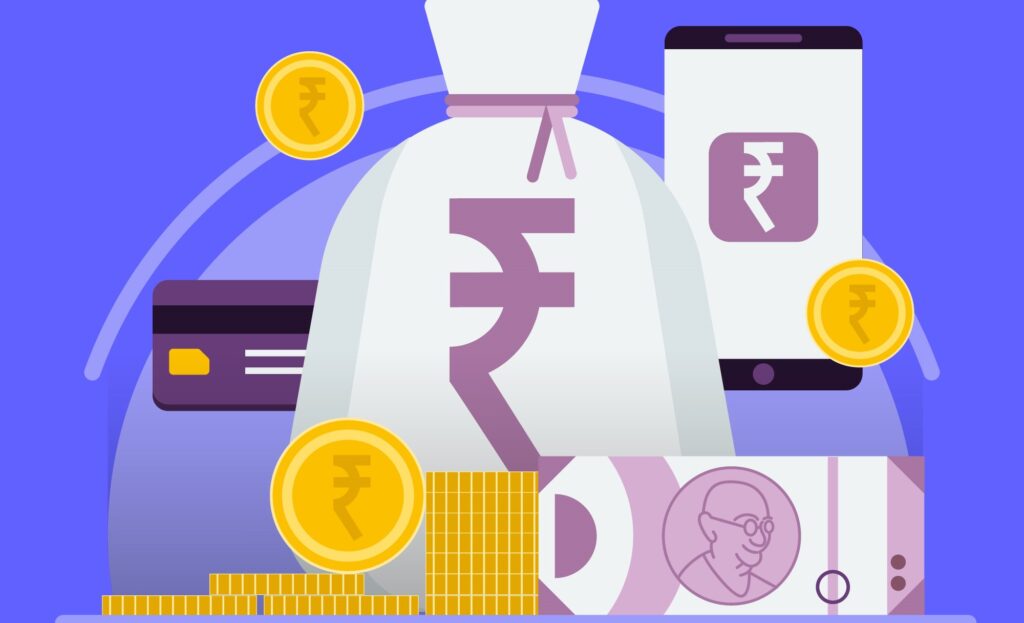So, you’re ready to dive into the exciting world of online betting in India? Great! But hold on—before you start placing bets and winning big, there’s one very important step you can’t ignore: identity verification. This might sound boring, but it’s actually super important. Let’s break it down so it’s easy to understand and get done without stress.
Why Verification is Important
Verification is a crucial step when it comes to online betting, especially with Indian bookmakers. Think about it this way: would you let a stranger access your bank account or personal finances without any proof of who they are? It sounds risky and unsafe, right? That’s exactly why bookmakers insist on verifying your identity before letting you place bets or withdraw money. This process is designed to protect both you and the bookmaker from fraud, identity theft, and other malicious activities. When your identity is verified, it guarantees that the account belongs to a real person and not someone trying to manipulate the system or launder money. It also helps maintain the fairness of the game because the platform knows exactly who is participating, reducing the chances of scams or multiple fake accounts.
Common Issues Without Verification
Skipping the identity verification process might seem like a shortcut, but it can lead to many frustrating problems down the line. One of the biggest headaches is when you try to withdraw your winnings, and the bookmaker blocks the withdrawal because your identity hasn’t been confirmed. This means you could have money in your betting account that you cannot access, sometimes for days or even weeks. Additionally, many bookmakers limit your betting options or place restrictions on your account if verification isn’t completed. This could mean lower betting limits, no access to certain games, or an inability to participate in promotions and bonuses, all of which can seriously affect your betting experience.
Another common consequence of not verifying your identity is account suspension. Bookmakers regularly monitor accounts for suspicious behavior and compliance with KYC (Know Your Customer) policies. If they detect that your account hasn’t been verified, they might freeze it until you submit the required documents. This is frustrating and can disrupt your betting routine, especially if you’re in the middle of an exciting sports season or tournament. In the worst cases, failure to verify could lead to permanent bans, and you might even lose any funds left in your account. Avoiding these issues is simple: just complete your identity verification early on. It ensures you can bet freely, withdraw your winnings smoothly, and avoid unnecessary stress or delays.
What Is KYC in Online Betting
KYC, short for Know Your Customer, is a verification process that helps online bookmakers confirm the true identity of their users. While it may sound like just another bureaucratic task, it’s actually a critical part of operating a secure and trustworthy betting environment. KYC procedures are designed to protect both the platform and the user by ensuring that all individuals using the site are genuine, legally eligible, and acting within the law. The process involves collecting personal information and official documents—such as a government-issued ID, address proof, and sometimes financial documents—to confirm that you’re who you claim to be. This is especially important when real money is being used, such as for deposits, withdrawals, and claiming bonuses.
In the world of online betting in India, where regulation is still evolving and legal clarity can vary from state to state, KYC becomes even more essential. Bookmakers want to stay on the safe side of the law by verifying each user’s age, identity, and financial background. Without proper KYC checks, betting platforms run the risk of being exploited by fraudsters or used for illegal activities such as money laundering. Moreover, Indian law increasingly mandates that financial services—including online gaming and gambling platforms—adhere to basic verification standards similar to banks. This keeps the ecosystem cleaner, safer, and more compliant with evolving financial and digital laws.
Importance of KYC in the Indian Context
In India, the digital economy has grown rapidly, but so have concerns around fraud, underage gambling, and illegal money transfers. That’s where KYC in online betting becomes absolutely critical. It’s not just a formality—it’s a way to ensure that the person betting is legally allowed to do so. Indian law requires users to be at least 18 years old to participate in gambling activities, and KYC helps enforce that. With millions of users engaging in sports betting (especially around events like the IPL or World Cup), verifying age and identity helps platforms avoid legal trouble and maintain the integrity of their operations.
Additionally, India’s Income Tax Department has placed a strong emphasis on tracking money movement, especially in online activities involving real cash. That’s why platforms often request your PAN card—it helps tie your activity to your tax profile. This isn’t just about law enforcement or compliance; it actually protects you as a user. If there’s ever a dispute or legal concern, verified accounts are much easier to support. So, when an Indian bookmaker asks for KYC, it’s not just ticking boxes. They are making sure:
- You’re not underage (must be 18+ to play)
- You’re not committing fraud (like using someone else’s ID)
- You’re following Indian tax rules, especially if you win big
Taking a few minutes to complete your KYC can save you hours—maybe even days—of trouble later on.
When Do Indian Bookmakers Ask for Identity Verification
Indian bookmakers typically require identity verification at specific stages during your betting journey. The first possible point is during registration. Although it’s not very common, some platforms ask you to submit your ID proof as soon as you create your account. This early verification helps them prevent fake accounts and underage users from signing up. While it may feel like an extra step before you even get to bet, it sets a strong foundation of trust between you and the bookmaker. Early verification also speeds up future transactions because the bookmaker already has your verified details on file.
The most common time bookmakers ask for identity verification is before your first withdrawal. This means that while you might be allowed to place bets and deposit funds initially, you won’t be able to withdraw any winnings until you complete the KYC process. This is crucial for the bookmaker to ensure that the money goes to the rightful owner and to comply with anti-money laundering laws. Additionally, some bookmakers perform periodic account audits, where they request you to re-submit documents after a certain period or if they detect unusual activity on your account. These re-verifications are standard practice and usually only take a short time, keeping your betting experience safe and smooth.
| Verification Timing | Description | Frequency | Why It’s Important |
| During Registration | Upload ID proof right when signing up | Rare | Prevent fake accounts & underage users |
| Before First Withdrawal | Mandatory before you can cash out winnings | Common | Verify rightful ownership & prevent fraud |
| Periodic Account Audits | Re-verification after time or suspicious activity | Occasional or as needed | Maintain account security and compliance |
Step-by-Step Guide to Verify Your Identity
Verifying your identity with Indian bookmakers is usually straightforward if you follow a clear process. Step 1 is to register your account with accurate, real information. This is non-negotiable—using fake details may lead to instant rejection or account bans later. Make sure your name, date of birth, and contact details exactly match those on your government-issued ID. Taking the time to enter accurate information upfront saves a lot of hassle down the line.
Once your account is created, Step 2 is to locate the KYC or verification section on the platform. This is often found under labels like “Account Settings,” “Profile,” or “Verification.” Each bookmaker’s interface might be different, but it’s usually very clear and easy to find. After you open this section, Step 3 involves uploading your required documents. Take clear, well-lit photos or scans of your ID, address proof, and PAN card if needed. Avoid shadows, blurriness, or cropping any part of the document, as these common mistakes slow down verification or cause rejections. Finally, Step 4 is the waiting period. Verification times vary but generally take from a few hours up to 48 hours. Most bookmakers will notify you by email or app once your documents have been approved or if further action is needed.




